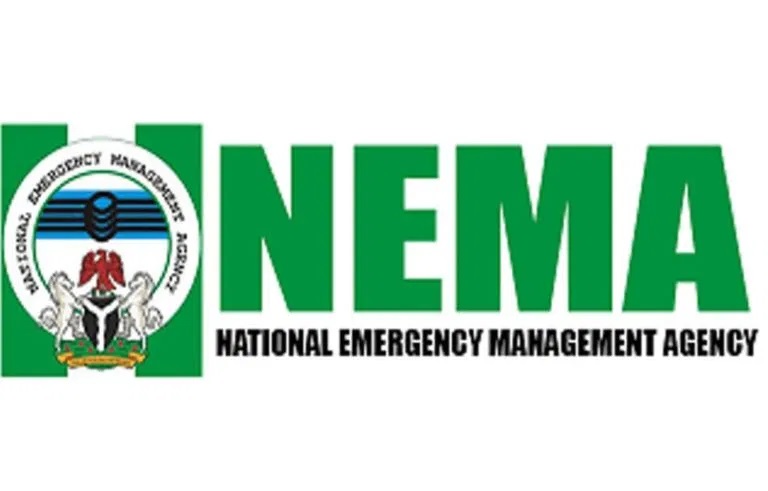Nigeria grapples with a complex web of emergencies, from natural disasters from flooding to man-made ones like oil spills.
The National Emergency Management Agency (NEMA) plays a critical and central role in coordinating responses and mitigating these threats.
With the recent appointment of Mrs Zubaida Umar, a seasoned professional with a background in finance and corporate services, NEMA has got an opportunity to strengthen its position.
Certainly, NEMA faces a plethora of challenges. Inadequate funding is a major one often hindering its ability to procure vital equipment and deploy personnel effectively.
- Tinubu to roll out CNG initiative before May 29
- 2,583 Nigerians killed, 2,164 abducted in 3 months – Report
Also, multiple agencies play a role in emergencies, but lack of clear protocol and communication gaps can hamper swift and unified action. Disjointed coordination between various response agencies leads to delays and inefficiencies. Therefore, streamlining communication and collaboration between NEMA and other stakeholders, like fire service and health agencies, is crucial for a unified response.
Another challenge is that public awareness and preparedness for emergencies remain low, making communities more vulnerable. To solve this problem, public education campaigns can be used to empower communities to be better prepared for emergencies. Educating communities about potential hazards and fostering a culture of preparedness give citizens the opportunity to play vital roles in mitigating risks and responding effectively.
Undoubtedly, effective response relies on accurate data on risks and vulnerabilities. Thus, inconsistent data collection and analysis hinder proactive measures and targeted interventions. In this regard, it is important that NEMA leads other emergency response agencies to develop accurate and reliable data on risks and vulnerabilities in order to harness effective emergency service delivery.
Meanwhile, to ensure that emergencies are immediately responded to, NEMA needs to empower local governments and communities with resources and training to allow for faster initial response and reduce dependence on centralised intervention. This will ensure immediate rescue of lives and properties before NEMA arrives at an emergency scene.
Mrs Umar’s leadership presents a significant opportunity to transform NEMA. By addressing funding constraints, streamlining communication, and prioritising public preparedness, NEMA can become a more effective force for disaster mitigation and response.
However, true success hinges on long-term commitment from the government and a collaborative effort from all stakeholders.
Nigerians deserve a future where emergencies are met with immediate, coordinated action – a future where NEMA is a pillar of strength in the face of adversity.
Muktar Jarmajo wrote from Lobito Crescent, Wuse 2, Abuja.

 Join Daily Trust WhatsApp Community For Quick Access To News and Happenings Around You.
Join Daily Trust WhatsApp Community For Quick Access To News and Happenings Around You.

